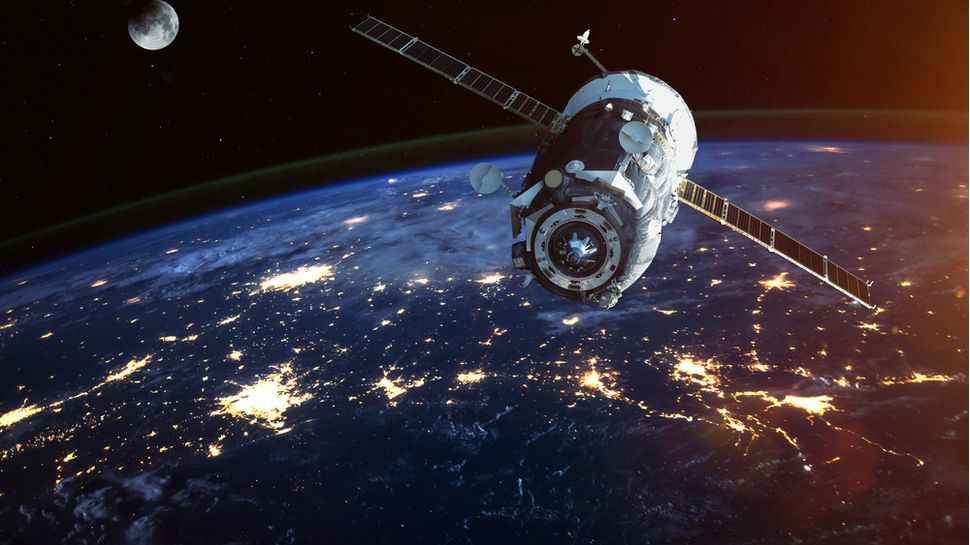Amazon to launch 3,000 internet satellites into orbit
FCC gives new Amazon satellite project the all clear, but it's not without risk

The US Federal Communications Commission (FCC) has approved an application from e-commerce giant Amazon to launch more than 3,000 internet satellites into Earth’s orbit.
Designed to eliminate internet dark spots - specifically in the US - the Kuiper Satellite Constellation will comprise 3,236 satellites in total and cost circa $10 billion.
The army of Amazon satellites will be positioned in low Earth orbit, between 590-630km above the planet’s surface, using 17.7-18.6GHz or 18.8-20.2GHz frequencies for space-to-Earth communications and 27.5-30.0 GHz for Earth-to-space.
- Check out our list of the best secure routers out there
- The ultimate guide to boosting Wi-Fi: 21 ways to improve your speed
- Here's our list of the best mobile hotspots available
“We have heard so many stories lately about people who are unable to do their job or complete schoolwork because they don’t have reliable internet at home,” said Dave Limp, SVP Devices & Services at Amazon.
“There are still too many places where broadband access is unreliable or where it doesn’t exist at all. Kuiper will change that," he added.
Amazon satellites
Amazon has been given six years to launch the first half of the 3000-strong constellation and nine years in which to launch the rest. The service will be activated once the first of five batches has entered orbit, although the precise design and launch date have yet to be determined.
“After review of the record, we conclude that the grant of the Kuiper application will serve the public interest, subject to the requirements and conditions specified herein. The broadband services Kuiper proposes to provide will benefit American consumers,” reads the FCC report.
Are you a pro? Subscribe to our newsletter
Sign up to the TechRadar Pro newsletter to get all the top news, opinion, features and guidance your business needs to succeed!
As a further condition of approval, the company must develop a detailed strategy for limiting the risk of aggravating orbital debris. In other words, Amazon is required to ensure its satellites do not collide with others already in orbit, which could set off a domino effect that might complicate future space missions.
“Upon finalization of its space station design and prior to initiation of service, Kuiper must seek and obtain the Commission’s approval of a modification containing an updated description of the orbital debris mitigation plans for its system,” said the FCC.
The announcement will be celebrated by anyone suffering poor or non-existent internet connection in remote parts of the US, whose service will be improved dramatically.
Others, however, may harbor anxieties about the threat of orbital collision and the impact of satellites on the night sky - especially with companies such as SpaceX and OneWeb building vast constellations of their own.
- Here's our list of the best business routers on the market
Via The Register

Joel Khalili is the News and Features Editor at TechRadar Pro, covering cybersecurity, data privacy, cloud, AI, blockchain, internet infrastructure, 5G, data storage and computing. He's responsible for curating our news content, as well as commissioning and producing features on the technologies that are transforming the way the world does business.